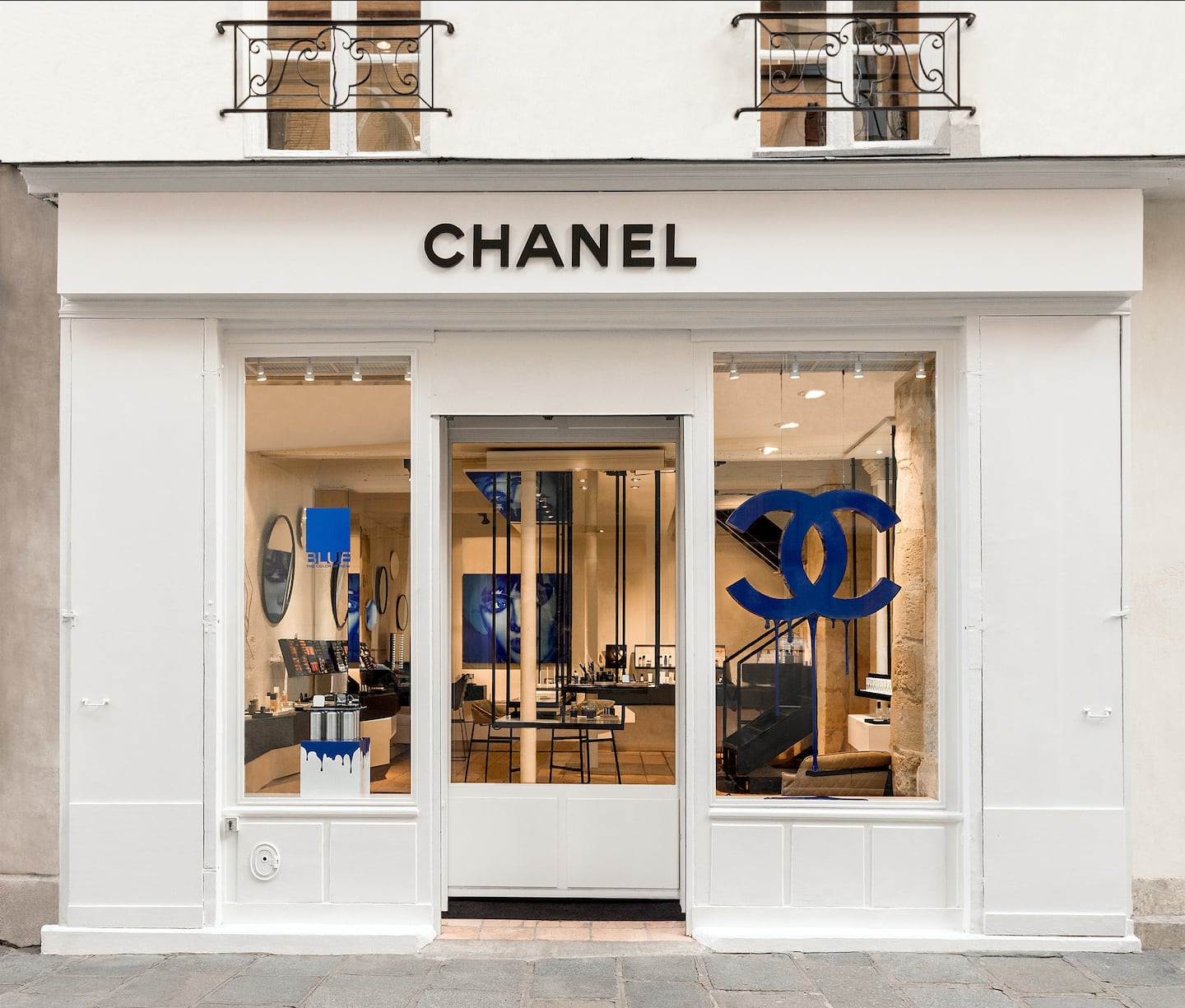
The Business of Fashion
Agenda-setting intelligence, analysis and advice for the global fashion community.

Agenda-setting intelligence, analysis and advice for the global fashion community.

Chanel’s beauty and fragrance business, which has historically been dominated by wholesale, could become majority direct-to-consumer within a few years as the French luxury giant invests in e-commerce and rolls out more standalone cosmetics boutiques, chief financial officer Philippe Blondiaux said.
Chanel reported 2021 sales that surged 50 percent to $15.6 billion as high demand for its fashion, watches and jewellery drove a sharp rebound from the pandemic. Perfume and beauty sales were more muted as the category continued to suffer from the decline in travel retail, which made up as much 20 percent of the unit’s sales in 2019.
Still, the division—whose items include Chanel No. 5 perfume, Hydra Beauty cremes, and Les Beiges blush sticks—reported progress on a transition to direct channels that could see it gradually reduce its historic reliance on wholesale partners.
E-commerce sales jumped 32 percent for Chanel’s beauty and fragrance products, Blondiaux told BoF in an interview. Chanel also opened more than 50 standalone beauty boutiques last year.
ADVERTISEMENT
“The direction is toward more of a direct-to-consumer business,” Blondiaux said. “[DTC] could represent the majority of our beauty business within a few years, though it depends on the region.”
While wholesalers like Sephora and Marrionaud remain very relevant in Europe, the share of wholesale in the US has fallen significantly, Blondiaux said. That’s could be due to the prevalence of e-commerce in the US market, as well as the decline of American department stores.
DTC models have found favour with investors in recent years as they can lead to higher margins, better client data, more frequent relationships with consumers, and—key for the luxury industry—stricter control over pricing.
While Chanel’s transition to direct-to-consumer is gathering pace, the company doesn’t see the model as an end in itself.
“What we’re aiming for is to have an omnichannel business,” Blondiaux said. “It’s about making sure that at each touchpoint, at each part of the consumer journey we can determine what clients are looking for. We want each channel to have its own identity, its own objectives, and to participate in a global omnichannel strategy.”
As awareness grows about the perils of sleep deprivation, beauty and wellness brands are flooding the market with an array of products to cash in on the booming opportunity.
Going public is usually a pivotal moment in a company’s history, cementing its heavyweight status and setting it up for expansion. In L’Occitane’s case, delisting might be a bigger conduit for growth.
Brands say they’re barreling ahead with marketing and commerce on the app, even as the clock starts ticking for owner ByteDance to sell it or shut it down.
The Spanish beauty and fashion conglomerate’s smart acquisitions and diverse portfolio could be a big draw for investors. Plus, Adidas is set to confirm its stellar first quarter.